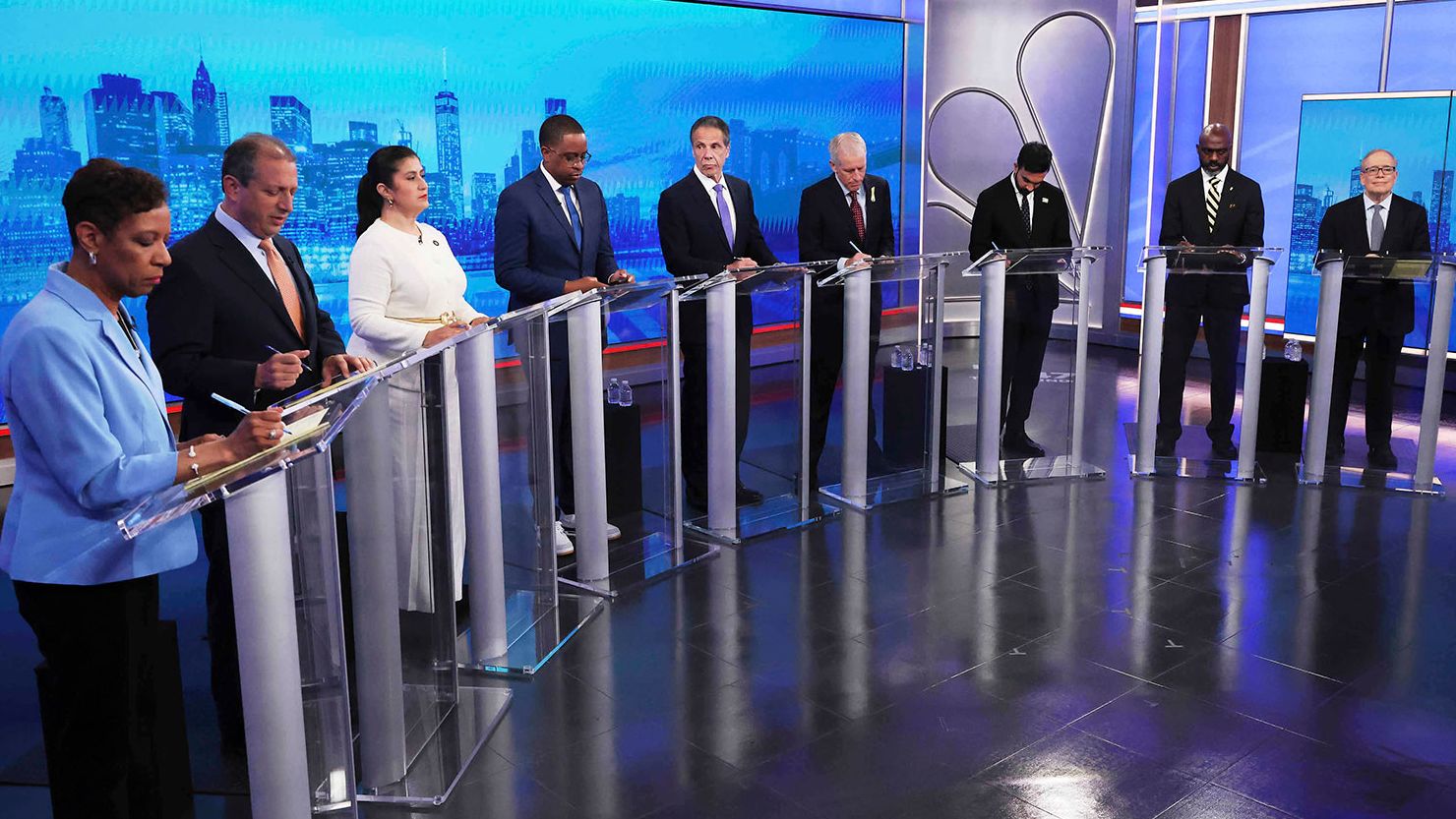
Curious about the NYC mayoral debate? You're in the right place! This event is a cornerstone of New York City's political scene, where candidates showcase their visions for the future. Why is it important? It helps voters make informed decisions by comparing policies, personalities, and priorities. Did you know that debates often sway public opinion and can even change the course of an election? From heated exchanges to memorable moments, these debates are packed with drama and insight. Want to know more? Stick around as we dive into 25 fascinating facts about the NYC mayoral debate that you probably didn't know!
The Stage is Set
The NYC mayoral debate is a significant event, drawing attention from residents and political enthusiasts alike. Candidates present their visions, policies, and plans for the city. Here are some fascinating facts about this critical event.
-
The first NYC mayoral debate was held in 1969. It marked a new era of political transparency and public engagement.
-
Debates are typically held in various boroughs to ensure accessibility for all New Yorkers.
-
The debate format usually includes opening statements, a series of questions, and closing remarks.
-
Candidates often face questions from both moderators and the public, ensuring a wide range of topics are covered.
-
The debates are broadcast on multiple platforms, including TV, radio, and online streaming services.
Key Moments in History
Throughout the years, the NYC mayoral debates have seen some memorable moments. These instances have shaped public opinion and sometimes even the election outcome.
-
In 1977, Ed Koch's performance in the debates helped him secure a victory in a crowded field of candidates.
-
The 1989 debate between David Dinkins and Rudy Giuliani was notable for its focus on crime and race relations.
-
Michael Bloomberg's 2001 debate performance highlighted his business acumen, which resonated with voters post-9/11.
-
In 2013, Bill de Blasio's emphasis on income inequality during the debates helped him stand out from his opponents.
-
The 2021 debates were the first to be held virtually due to the COVID-19 pandemic, showcasing adaptability in unprecedented times.
The Role of Media
Media plays a crucial role in shaping the narrative of the debates. Coverage can influence public perception and voter turnout.
-
Major news outlets like The New York Times and CNN provide extensive coverage and analysis of the debates.
-
Social media platforms like Twitter and Facebook have become essential for real-time reactions and discussions.
-
Fact-checking during and after the debates helps ensure candidates' statements are accurate and truthful.
-
Post-debate polls often gauge public opinion on who won the debate, influencing subsequent campaign strategies.
-
Media training for candidates is crucial, as a single misstep can be magnified and impact their campaign.
Debate Preparation
Candidates spend weeks, sometimes months, preparing for the debates. This preparation is critical to their performance.
-
Mock debates are a common preparation tool, allowing candidates to practice their responses and refine their delivery.
-
Research teams compile extensive dossiers on opponents to anticipate potential attacks and prepare counterarguments.
-
Public speaking coaches help candidates improve their delivery, body language, and overall presence on stage.
-
Advisors often conduct focus groups to test the effectiveness of different messages and strategies.
-
Candidates must be well-versed in current events, city policies, and voter concerns to respond effectively to questions.
Impact on Elections
The debates can significantly impact the outcome of the mayoral race. A strong performance can boost a candidate's chances, while a poor showing can be detrimental.
-
Polls often show a noticeable shift in candidate support following a debate.
-
Debates provide an opportunity for lesser-known candidates to gain visibility and support.
-
Voter turnout can be influenced by debate performances, as engaged and informed voters are more likely to participate in the election.
-
Endorsements from influential figures and organizations can be swayed by a candidate's debate performance.
-
Ultimately, the debates offer a platform for candidates to connect with voters, articulate their vision, and demonstrate their leadership qualities.
Final Thoughts on NYC Mayoral Debate
The NYC mayoral debate offers a fascinating glimpse into the city's political landscape. Candidates tackle pressing issues like public safety, education, and housing. Their responses reveal their priorities and potential leadership styles. Voters get a chance to see who aligns with their values and who has the best plans for the city's future.
Understanding the debate's key points helps citizens make informed decisions at the polls. It's not just about who speaks the loudest but who has the most effective solutions. The debate is a crucial part of the democratic process, giving everyone a voice in shaping the city's direction.
Stay informed, stay engaged, and remember that your vote can make a difference. The future of NYC depends on the choices made today.
Was this page helpful?
Our commitment to delivering trustworthy and engaging content is at the heart of what we do. Each fact on our site is contributed by real users like you, bringing a wealth of diverse insights and information. To ensure the highest standards of accuracy and reliability, our dedicated editors meticulously review each submission. This process guarantees that the facts we share are not only fascinating but also credible. Trust in our commitment to quality and authenticity as you explore and learn with us.
